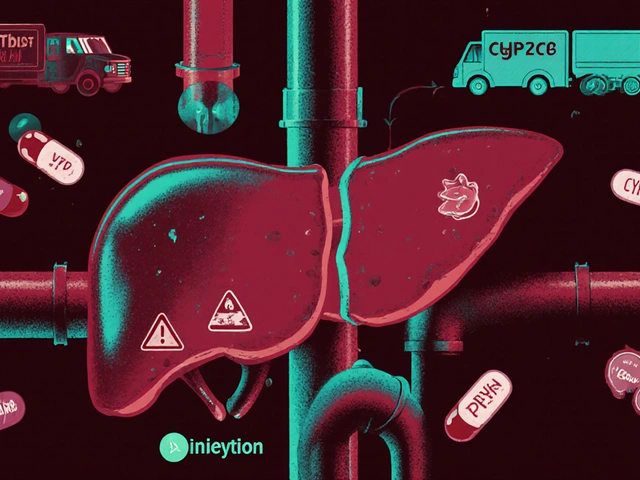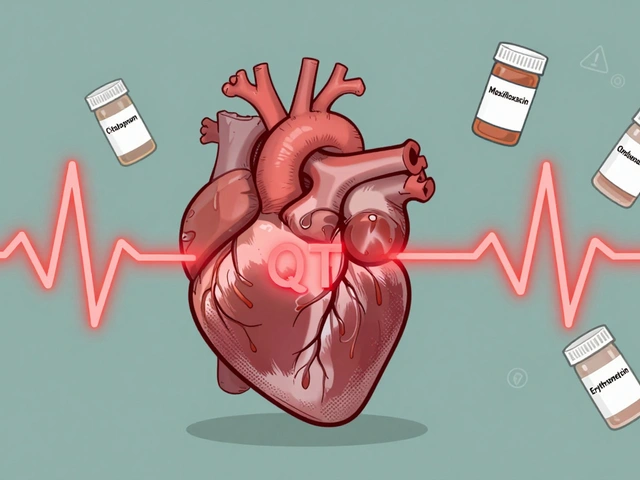Eating Habits – Practical Tips to Improve Your Daily Food Choices
If you ever wonder why you feel sluggish after lunch or why cravings hit right after dinner, the answer is often in your eating habits. Small changes in what, when, and how you eat can reshape your energy, mood, and long‑term health. Below you’ll find straight‑forward advice you can start using right away, no fancy diets required.
Why Your Eating Habits Matter
Every bite you take sends signals to your brain, hormones, and gut microbes. Consistently eating high‑sugar snacks spikes insulin, which later crashes and fuels cravings. Skipping breakfast can make you overeat later, while eating too quickly tricks your stomach into thinking you’re still hungry. By understanding these patterns, you can break the cycle before it becomes a habit.
Beyond blood sugar, your gut‑brain connection influences mood. Fiber‑rich foods feed good bacteria, which produce serotonin—a natural mood booster. Conversely, processed foods can inflame the gut, leading to foggy thinking and irritability. So, tuning your eating habits isn’t just about waistlines; it’s about feeling better every day.
Easy Ways to Shift Your Routine
1. Start with a protein‑rich breakfast. Grab a boiled egg, Greek yogurt, or a handful of nuts within the first hour of waking. Protein steadies blood sugar and stops mid‑morning cravings.
2. Use a smaller plate. Visual cues matter. A smaller plate makes portions look bigger, helping you eat less without feeling deprived.
3. Add one veggie at every meal. If dinner is chicken and rice, throw in a side of broccoli or a salad. Veggies add bulk, fiber, and micronutrients without many calories.
4. Hydrate before snacks. Drink a glass of water 15 minutes before reaching for a snack. Often thirst masquerades as hunger, and the water will curb unnecessary bites.
5. Set a regular eating window. Aim for 12‑hour intervals (e.g., 8 am to 8 pm). This gives your body a predictable rhythm and can improve digestion and sleep.
These steps don’t require a complete overhaul. Pick one or two that feel doable, stick with them for a week, then add another. Consistency beats intensity when forming lasting habits.
On our site you’ll also find articles that intersect with eating habits—like the supplement guide on bulbous buttercup or tips for managing blood pressure with canagliflozin. While those pieces focus on meds, they remind us that what we eat can impact how well medicines work.
Remember, the goal isn’t perfection. It’s about making smarter choices more often than not. Your body will thank you with steadier energy, better mood, and fewer cravings. Start small, stay consistent, and watch your eating habits transform your daily life.
Dosulepin's Impact on Appetite: Exploring How This Antidepressant Affects Eating Habits
This article delves into the effects of dosulepin on appetite, shedding light on how this antidepressant can influence your eating habits. Understand the reasons behind these changes and get practical tips on managing appetite while on dosulepin.






